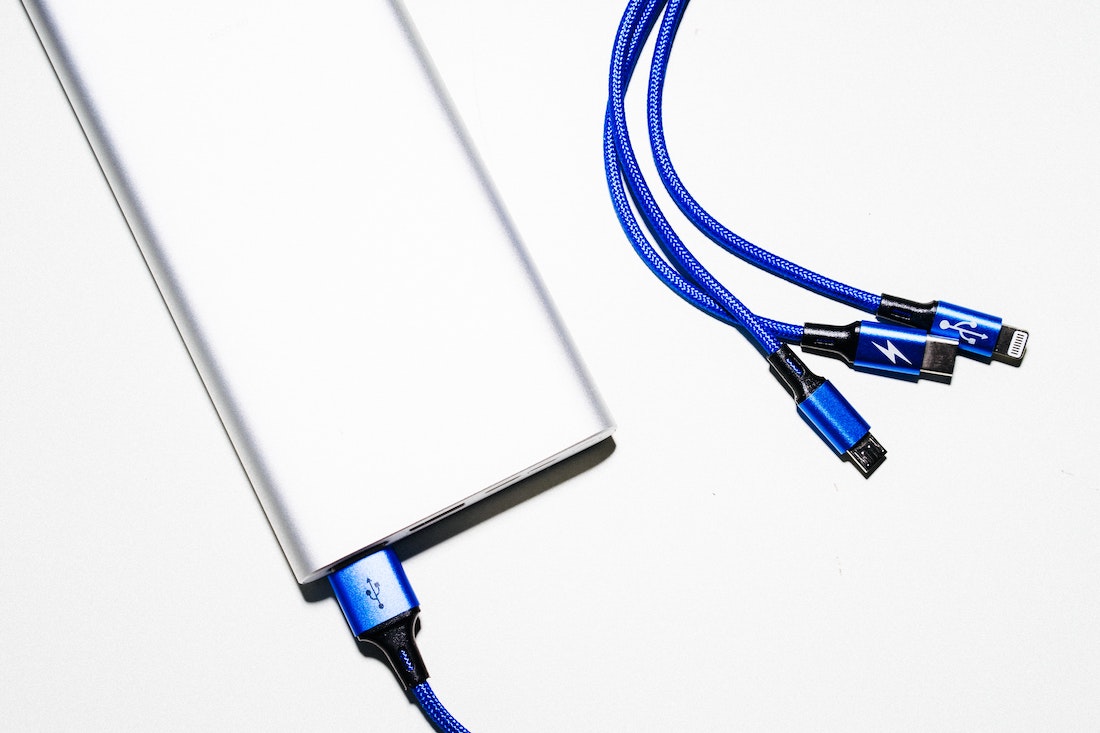Speed Time to Market with PLM for Consumer Electronics Companies

Consumer electronics is a notoriously high-producing, low-margin industry. With supply chains disrupting go-to-market launches and the increasing cost of goods sold, it’s a challenging market to navigate. All the while customers still expect innovation, rapid product refreshes and revised editions.
To safeguard margins, stay competitive and keep consumers happy, you need an infallible product strategy. A cornerstone of this strategy is time to market, but it’s so much more than a release date. It’s ensuring the right products and sold at the right time and place, so consumers can easily access products they want and need in places they expect to find them.
Centric PLM®, is the foundational technology that enables consumer electronics brands and retailers to speed time to market, boost innovation and drive real business transformation.
1. PLM Diminishes End-to-End Inefficiencies
A PLM solution accelerates a product’s time to market by establishing a single source of truth to systematize and consolidate product lifecycle operations.
The centralization and automation of information allows teams to create intricately detailed product road maps for every stage of development, so communication stays transparent and collaboration straightforward.
PLM quells errors and redundancies stemming from:
- Human error: eliminate inefficiencies that arise from manual data entry and documentation.
- Planning and communication: reduce time spent waiting on approvals, communication silos, tribal knowledge or long email chains. Give everyone in the business access to the right information that is up to date.
- Design: pare time spent on research, prototyping and reworks with a comprehensive PLM that connects to Adobe Illustrator and almost all 3D CAD technologies to expedite design, innovation and development.
- Supply and manufacturing: eradicate the back and forth with suppliers and time spent sifting through hundreds of RFPs.
With a robust workflow and cohesive communication framework, Centric PLM equips cross-team collaborators with the data they need to complete their tasks in the shortest time possible. Shaving off time throughout the development cycle means teams can concentrate on delivering consumer electronics products that are far more profitable and superior than competitors.
2. PLM Gives You Time Back–Use It
If you want to thrive in this industry, you absolutely need to deliver products that captivate consumers and alleviate their niche problems. PLM gives everyone more time to:
- Create and innovate: allocate more time to visionary thinking. This additional time to improve product design and features translates into elevated consumer experiences, happy customers and brand loyalty.
- Beat competition: be the first to introduce trailblazing technology to the market. Dominate by getting your product into your consumer’s hands before your competition. Being the first to market means being the first to be remembered.
- React deftly: releasing your product gives an opportunity to react to the market. Utilize the shorter development cycle to make product adjustments, continue to satisfy customers and secure market dominance.

3. PLM Enables Supply Chain Visibility
When it comes to the supply chain, nothing is certain. Global events, component shortages, price fluctuations, internet trends and more influence this capricious network. There’s still a way to stay ahead of the game even if you can’t predict what’s going to happen next. That’s why clear, fast and reliable communication is a must.
Centric PLM enables flexibility to maintain a smooth end-to-end operation, empowering teams to review real-time changes for all supply chain transactions.
Effective supplier collaboration: whether you need to regulate requests, negotiate contracts, check component availability or compare pricing, PLM handles and automates supplier communication. This overview streamlines the entire supply chain process.
Modify product workflows to deliver on-time: if anything within the supply chain pipeline changes whether faulty components or delivery delays, information within PLM can quickly be adjusted and applied to all products. This enables teams to foresee delays and challenges and make adjustments where needed to ensure products are still launched on time.
Manage non-conforming products with engineering change capabilities: if one small component within your electrical product is faulty it can set off an entire domino effect of issues. Reduce the time-consuming efforts of having to reissue RFPs for a new component, and the manual task of tracking, changing and updating costs and expected margins across affected products.
Improving supply chain visibility lets teams foresee challenges and shore up any vulnerabilities within the supply chain. Ensure any issues are dealt with swiftly so products can keep moving and launch on time.
4. PLM Facilitates Agility and Flexibility
In the consumer electronics marketplace, consumers’ wants and needs are constantly evolving, supply chains can be heavily disrupted at any time or brick and mortar stores could be forced to shut down. Companies need to be ready for anything.
Changing desires: a shorter product development cycle reduces the risk that consumers’ desires might change halfway through developing and producing products.
Quickly bring out updated versions: within the consumer electronics world it’s likely that issues might arise from products or companies may want to include added features in a second release. If this is the case PLM enables teams to gather all data to feed into development teams and speed the time it takes to bring out a newer edition.
Enables lower cost of goods sold: disrupted supply chains negatively affect product costs and margins. The supplier portal within PLM allows for supplier pricing comparisons and the rapid onboarding of newer suppliers. The high-level overview over the entire production cycle gives teams the visibility to effectively manage costs, ensuring they do not spiral out of control.
Companies need to quickly be able to pivot and adjust to unexpected changes, and with all information in one place, stopping production of a product, making changes mid-development or pivoting entirely can be handled more effectively within a PLM system.
Industry-driven Solution
In a post-covid world, many companies have not survived, and others have not recovered. Investing in a technology solution, like Centric PLM for Consumer Electronics and QMS, to safeguard product development plans, enable supplier collaboration and assist with the newer hybrid home and office working culture is imperative. Eliminate inefficiencies and strengthen workflows to shorten time to market and oversee successful product launches.








